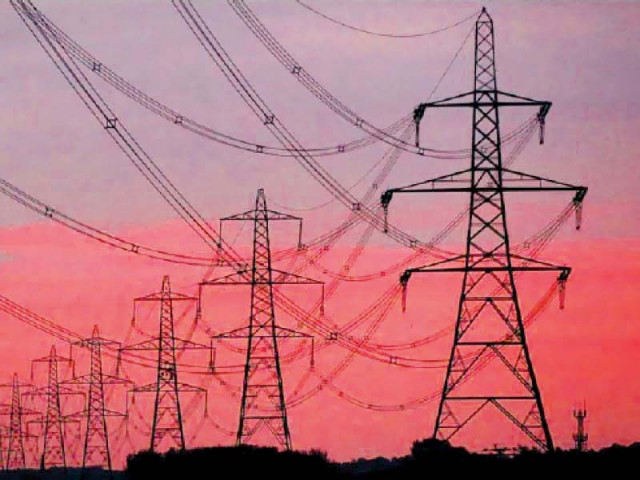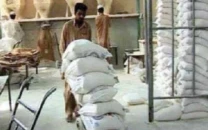Rs10 per unit power tariff hike in offing
Electricity shortfall in country hits 6,344 MW

In what may be another electric shock for the people, the power tariff is likely to be jacked up by Rs9.90 per unit.
To make matters worse, the electricity shortfall in the country has reached 6,344 megawatts.
The Central Power Purchasing Agency (CPPA) has sought the increase from the National Electric Power Regulatory Authority (Nepra) in the context of June's monthly fuel cost adjustment.
The CPPA has filed an application with Nepra and the power regulator will hear it on July 28.
According to the application, 13 billion units of electricity were generated last month, the cost of which stood at Rs213 billion.
It further claimed that this was the most expensive electricity produced in the country’s history.
The CCPA informed Nepra in its application that the cost of electricity generated from furnace oil was Rs36.20 per unit and that produced from coal stood at Rs20.80.
The power generated from local gas cost Rs8.92 per unit and that from LNG amounted to Rs28.38.
Electricity was imported from Iran at Rs19.57 per unit.
The application added that 42 paisas per unit were lost to line losses.
Also, Nepra Chairman Tauseef Farooqi held a hearing on the government’s request for increasing the power tariff by Rs7.91.
The federal government submitted the request to the power regulator a day earlier to ensure uniform electricity charges across the country.
The base tariff of Rs7.91 will be increased in three phases -- Rs3.5 per unit in July 2022, Rs3.5 per unit in August-September, and Rs0.91 per unit from October onwards.
Read K-Electric seeks Rs11.38 per unit tariff hike
With this increase, the tariff of some residential consumers will exceed Rs40 per unit including taxes and surcharges from the existing Rs27 per unit.
The Nepra chief defended the price hike, criticising the government’s power generation policies. He added that the government had committed a “fundamental blunder” by opting for imported fuel projects.
The chief of the power regulator also contended that fuel cost had increased by eight times and the rupee had touched the Rs222 per dollar mark, terming them as the main reasons for the increase in tariff.
“If the rupee value is reduced to half and fuel cost increased eight times, then the cost of electricity generation increased by 16%. The country should not have opted for power generation on imported fuel,” he added.
As for the energy shortfall, sources in the Power Division said the total power generation was 22,556 MW against the demand for 28,900 MW.
They elaborated that 6,660 MW electricity was being generated from hydropower sources.
Government thermal plants are generating 970 MW of electricity.
The total production of private sector power plants is 11,500 MW.
Wind power plants are producing 880 MW and solar plants 88 MW.
The bagasse-based plants are generating 100 MW of electricity, while nuclear fuel is producing 2,358 MW.
The duration of power outages has touched 12 hours in different areas of the country.



















COMMENTS
Comments are moderated and generally will be posted if they are on-topic and not abusive.
For more information, please see our Comments FAQ